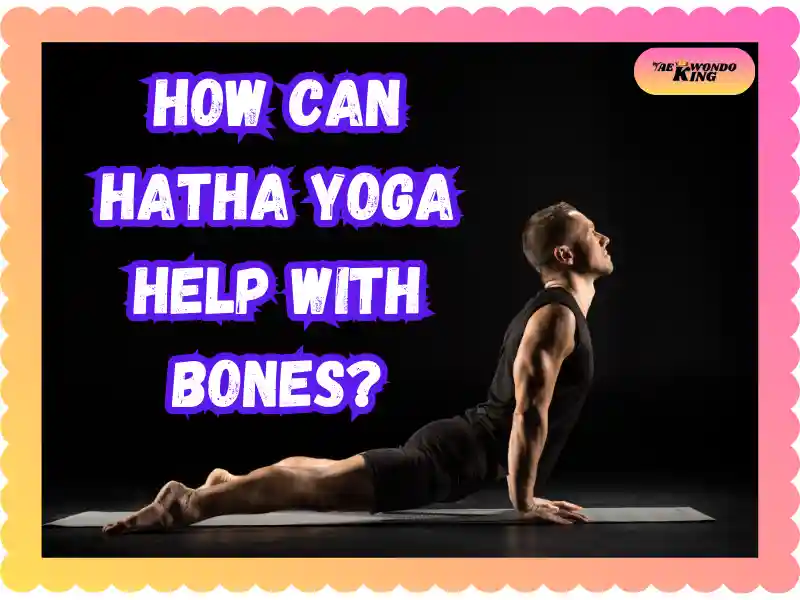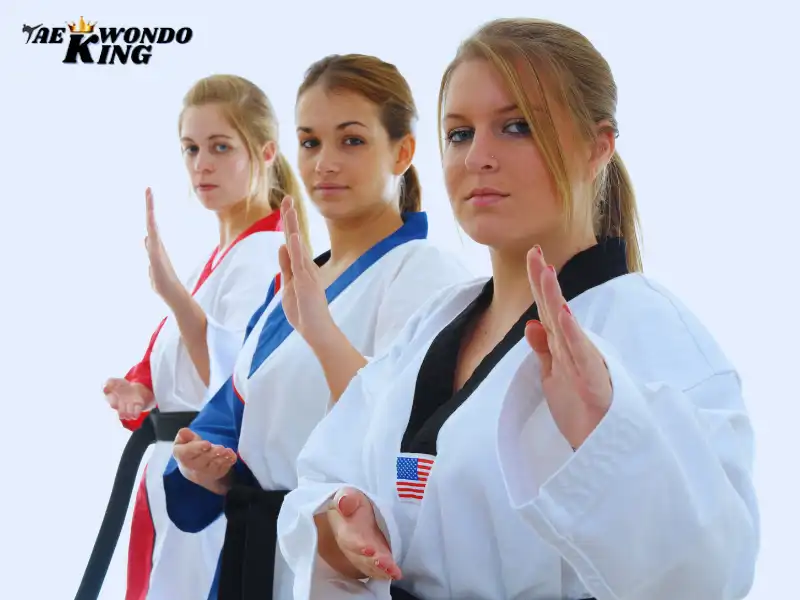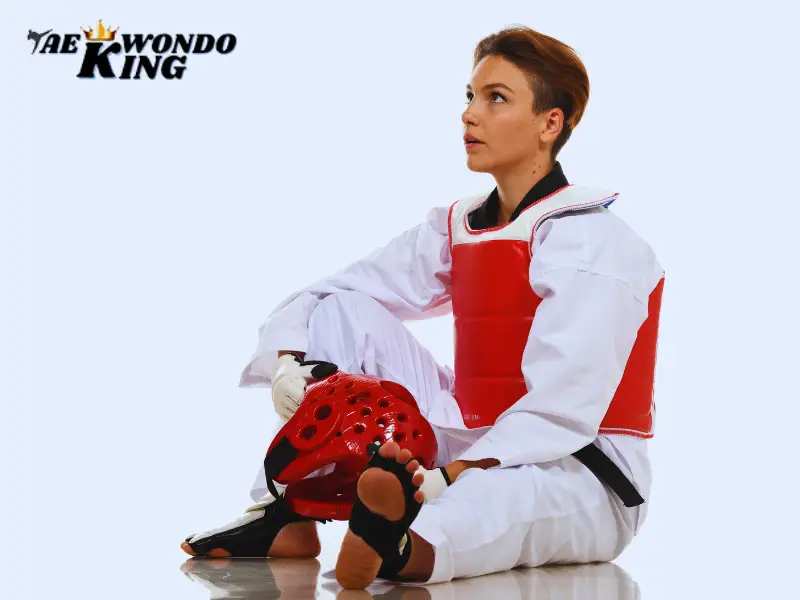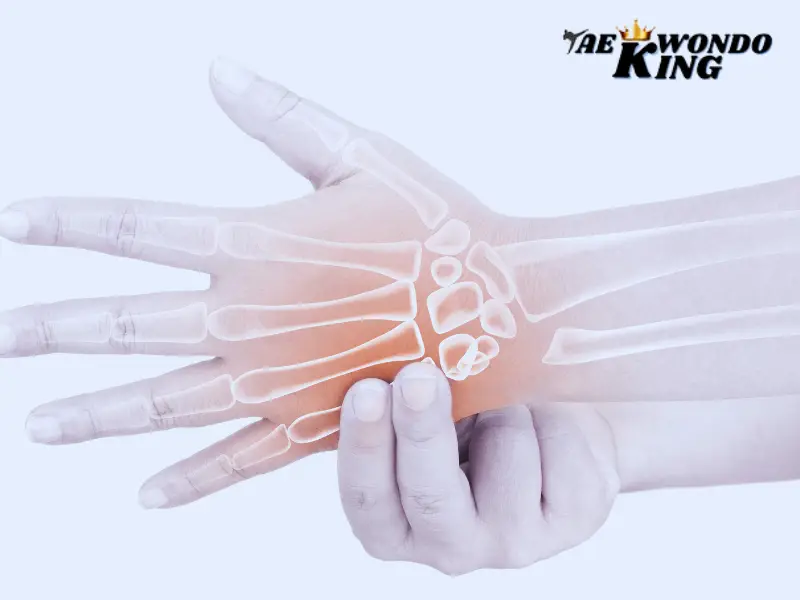
Have you ever felt a bit stiff after a long flight to Munich? It turns out that a steady practice of Hatha yoga help with bones by using your own body weight to build strength. I found that holding simple poses helped my joints feel less “creaky” and more solid. As a long-time practitioner, I can tell you that these slow moves create healthy stress on your frame.
Let’s look at how you can start using these poses to keep your skeleton strong and youthful.
The Connection Between Hatha Yoga and Bone Health
Hatha yoga fortifies bones through weight-bearing poses and conscious movement. It enhances bone density, flexibility, and posture. Decreasing the chances of fractures and osteoporosis. Consistent practice promotes joint health. Which is crucial for sustaining a robust skeletal structure.
Hatha yoga is an ancient practice that combines physical postures. Breathing techniques, and meditation. This comprehensive approach provides advantages that reach the skeletal system. The inquiry is, in what ways can hatha yoga help with bones? This article examines the research behind yoga’s effect on bone health and provides actionable insights.
How Hatha Yoga Help With Bones
Many people think you need heavy weights to keep your frame strong, but your own weight is a great tool. When you do Hatha yoga, you hold poses for a long time. This pressure tells your body to grow more bone cells. In the USA, many doctors now suggest yoga as a way to stay active as we get older. It is a soft way to keep your frame in good shape without the risk of heavy lifting.
- Gravity: Standing poses use your weight to push against the floor.
- Tension: Muscles pull on the frame, which helps make it thick.
- Balance: Staying steady helps you avoid falls that cause breaks.
Summary: Hatha yoga uses body weight and muscle tension to naturally stimulate bone growth and density.

Best Poses for Strength
Not all poses are the same when it comes to bone health. I love the “Tree Pose” because it puts all your weight on one leg. This is a great way to make your hip bones much stronger. Another good one is “Warrior II,” which builds strength in the legs and spine. If you are in the USA, you might notice “Yoga for Osteoporosis” classes popping up, which focus on these exact moves.
| Pose Name | Main Target | Difficulty |
| Tree Pose | Hips and Legs | Medium |
| Warrior II | Thighs and Spine | Easy |
| Plank Pose | Wrists and Arms | Hard |
Summary: Specific poses like Tree and Warrior II focus on the areas most prone to thinning, like the hips and spine.
Staying Safe While You Move
While Hatha yoga is great, you must be careful not to push too hard. If your bones are already thin, avoid deep twists or fast bends. I always tell my friends to use blocks or a wall for extra support. This keeps you safe while you still get the perks of the move. It is okay to go slow and listen to what your body tells you each day.
- Use Props: Blocks and straps help you reach further safely.
- Slow Down: Moving fast can lead to slips or pulls.
- Check In: Talk to a pro if you have had a break before.
Summary: Using props and moving slowly ensures you get the benefits of yoga without risking injury.
My Journey with Yoga and Health
I started yoga years ago to help with back pain, but I stayed for the long-term health perks. My latest check-up showed my frame is stronger than most people my age. It feels good to know that my daily stretch is doing more than just helping me relax. In the USA, where we spend a lot of time sitting, these moves are a must-have for a long and healthy life.
Summary: Personal experience shows that a regular Hatha practice leads to measurable improvements in physical structure and overall well-being.
Understanding Bone Health
Why Are Strong Bones Important?
Bones give structure and safeguard organs. They accumulate vital minerals such as calcium and phosphorus. As we grow older, bone density diminishes, leading to conditions like osteoporosis.
Factors Affecting Bone Health
- Insufficient physical activity.
- Nutritional gaps, particularly calcium and vitamin D.
- Hormonal imbalances.
- Aging and hereditary factors.
Hatha yoga tackles numerous issues. Making it a powerful resource for bone care.
How Can Hatha Yoga Help With Bones?
1. Enhances Bone Density
Hatha yoga includes poses that necessitate weight-bearing. These poses encourage the production of bone-forming cells known as osteoblasts. Over time, this fortifies bones and enhances density.
2. Improves Balance and Coordination
Falls are a significant contributor to fractures, especially among older adults. Yoga improves balance, diminishing the chances of falls.
3. Reduces Joint Stress
Yoga enhances joint flexibility, alleviating stiffness and discomfort. This facilitates improved mobility and reduces pressure on bones.
4. Boosts Calcium Absorption
Practices such as meditation and breath work in hatha yoga lower stress. Reduced stress levels encourage better calcium absorption, essential for bone health.
5. Supports Posture Alignment
Proper posture is vital for evenly distributing weight across the skeleton. Hatha yoga corrects posture, alleviating stress on bones and joints.

Hatha Yoga Poses That Benefit Bones
Numerous poses in hatha yoga are especially beneficial for bone health. These poses highlight weight-bearing and balance, directly influencing bone strength.
1. Mountain Pose (Tadasana)
- Strengthens the spine.
- Improves posture.
2. Warrior II (Virabhadrasana II)
- Builds strength in the legs.
- Enhances balance.
3. Tree Pose (Vrikshasana)
- Improves stability.
- Strengthens leg and hip bones.
4. Triangle Pose (Trikonasana)
- Stretches the spine.
- Strengthens the legs and hips.
5. Bridge Pose (Setu Bandhasana)
- Strengthens the lower back.
- Boosts flexibility in the spine.
6. Plank Pose
- Builds upper body strength.
- Supports wrist and shoulder health.
7. Downward Dog (Adho Mukha Svanasana)
- Stretches and strengthens the arms and legs.
- Reduces stress on the spine.
Regularly practicing these poses ensures the advantages of hatha yoga help with bones effectively.
Scientific Evidence Supporting Yoga for Bone Health
Research studies have shown yoga’s benefits for bone density and joint health. A 2016 study in Osteoporosis International revealed enhanced bone density in participants engaging in yoga for 12 minutes each day. The results emphasized how hatha yoga help with bones.
Benefits of Hatha Yoga Beyond Bone Health
While the main focus is bone health, hatha yoga provides further benefits:
1. Reduces Stress
Lower stress levels result in reduced cortisol production, a hormone capable of weakening bones.
2. Improves Flexibility
Increased flexibility minimizes the likelihood of injuries that can impact the bones.
3. Strengthens Muscles
More robust muscles provide better support for the bones, decreasing strain and improving stability.
4. Promotes Better Sleep
Adequate sleep is vital for bone repair and overall well-being.
Adapting Hatha Yoga for Specific Needs
For Older Adults
Modified postures and props render yoga attainable for seniors. Gentle stretches and balance practices are emphasized.
For Individuals With Osteoporosis
Low-impact poses guarantee safety while fortifying bones. Always consult a healthcare professional before beginning.
For Beginners
Commence with basic poses and gradually evolve to more intricate ones. Regularity is crucial.
For Advanced Practitioners
Integrate challenging weight-bearing poses to further enhance bone density.
How to Get Started With Hatha Yoga
1. Find a Qualified Instructor
A skilled instructor guarantees correct posture and alignment, reducing the risk of injuries.
2. Create a Routine
Regularity is critical. Engage in practice a minimum of three times a week for noticeable improvements.
3. Combine With a Healthy Diet
A diet abundant in calcium, vitamin D, and other nutrients complements the benefits of yoga.
4. Use Props
Blocks, straps, and bolsters can assist your practice and ensure proper form.
5. Stay Patient
Improvements in bone health require time. Remain dedicated to witness long-term benefits.
Common Misconceptions About Yoga and Bone Health
1. Yoga Is Not a Workout
Though yoga may appear gentle, it is exceedingly effective for enhancing bone strength.
2. It’s Only for Flexible People
Yoga is customizable for all levels, including novices.
3. Results Are Immediate
Enhancements in bone density necessitate consistent practice over several months.
Understanding these facts ensures a realistic perspective on how hatha yoga help with bones.
Additional Tips for Healthy Bones
1. Maintain a Balanced Diet
Incorporate leafy greens, dairy, and fortified foods into your meals.
2. Stay Hydrated
Adequate hydration supports joint and bone wellness.
3. Get Regular Sunlight
Sunlight serves as a natural source of vitamin D, crucial for calcium absorption.
4. Avoid Smoking and Excess Alcohol
Both can deteriorate bone strength over time.
5. Engage in Other Weight-Bearing Exercises
Activities like walking, running, and resistance training enhance the benefits of yoga.
The Role of Mindfulness in Bone Health
Yoga Reduces Inflammation
Chronic inflammation can impact bone health. Mindful yoga practices mitigate inflammation.
Enhances Body Awareness
Yoga facilitates a better understanding of your body’s needs, encouraging improved care for your bones.

Combining Yoga With Modern Treatments
Yoga serves as an excellent supplement to medical interventions for osteoporosis or other bone concerns. Always consult a healthcare provider before merging practices.
Testimonials on Hatha Yoga’s Impact on Bone Health
Numerous practitioners have noted significant advancements in bone density and overall wellness. Accounts from worldwide highlight the transformative influence of hatha yoga help with bones.
Conclusion
Hatha yoga provides a natural and potent method to enhance bone health. Integrating weight-bearing poses, mindfulness, and flexibility workouts. It addresses the essential aspects impacting the skeletal system. Regardless of age, a consistent yoga routine can create a meaningful difference.
Understanding how hatha yoga help with bones empowers individuals to take control of their health. With regular practice and a balanced lifestyle. You can strengthen your bones, improve flexibility, and enjoy a healthier, more active life.
FAQs
Hatha yoga helps bones by using slow poses with body weight. These poses support bone strength and balance when practiced often.
Hatha yoga may support bone density through gentle load on bones. Regular practice helps keep bones active and supported naturally.
Yes, Hatha yoga is good for weak bones when done safely. It uses slow, controlled moves that reduce stress on joints and bones.
Standing poses like Tree and Warrior help bones most. They place gentle pressure on hips, legs, and spine.
Hatha yoga suits seniors well. It improves balance and posture, which helps lower fall risk and supports bone care.
Practicing Hatha yoga two or three times a week works well. Consistency matters more than long or hard sessions.
Yes, Hatha yoga is beginner friendly. Classes focus on slow pace, breath control, and safe body alignment.

Founder, Owner, and CEO of TaekwondoKing.
He is one of the top 100 martial artists in the World and among the top 20 referees in Bangladesh.
Ehatasamul Alom is an esteemed Kukkiwon Certified Taekwondo 3rd Dan Black Belt with over 15 years of experience in this dynamic martial art. Born in Rajshahi, Bangladesh, Ehatasamul’s journey with Taekwondo began at the tender age of seven. His passion led him to compete at national and international levels, where he has bagged numerous awards and honors. He is also a member of the Taekwondo National Referee Panel.
With a Bachelor’s degree in Sports Science from the prestigious Rajshahi University, Ehatasamul has a deep understanding of the technical and scientific aspects of martial arts and some other martial arts.
In 2022, Ehatasamul created the “TaekwondoKing.com” to share his knowledge, Free Resources, Values, and Real experiences. His articles focus on Taekwondo training techniques, competition strategies, Sport Products Reviews, and the art’s rich history and philosophy. He also writes about the importance of mental fortitude and discipline, key aspects of his teaching philosophy. He has already launched many sports, Taekwondo, and health-related Free online tools. His goal is to inspire both beginners and seasoned practitioners worldwide through insightful and engaging content.
If you need any help, contact Ehatasamul Alom at any time.




